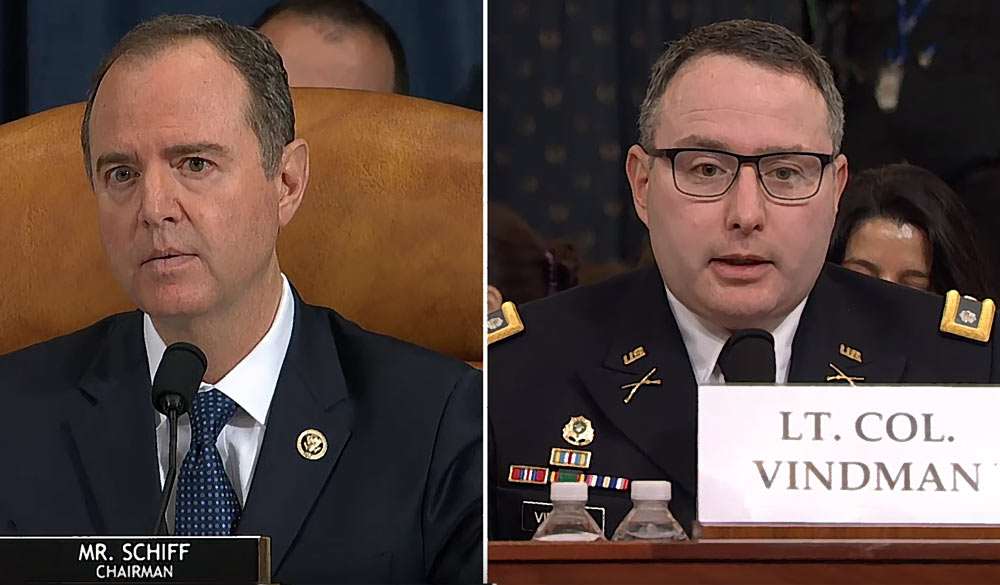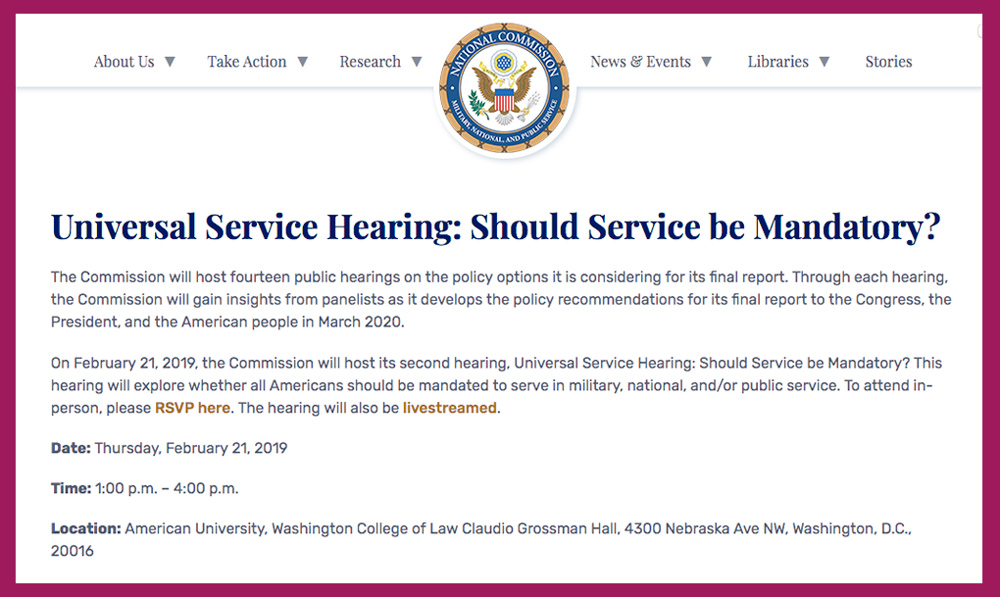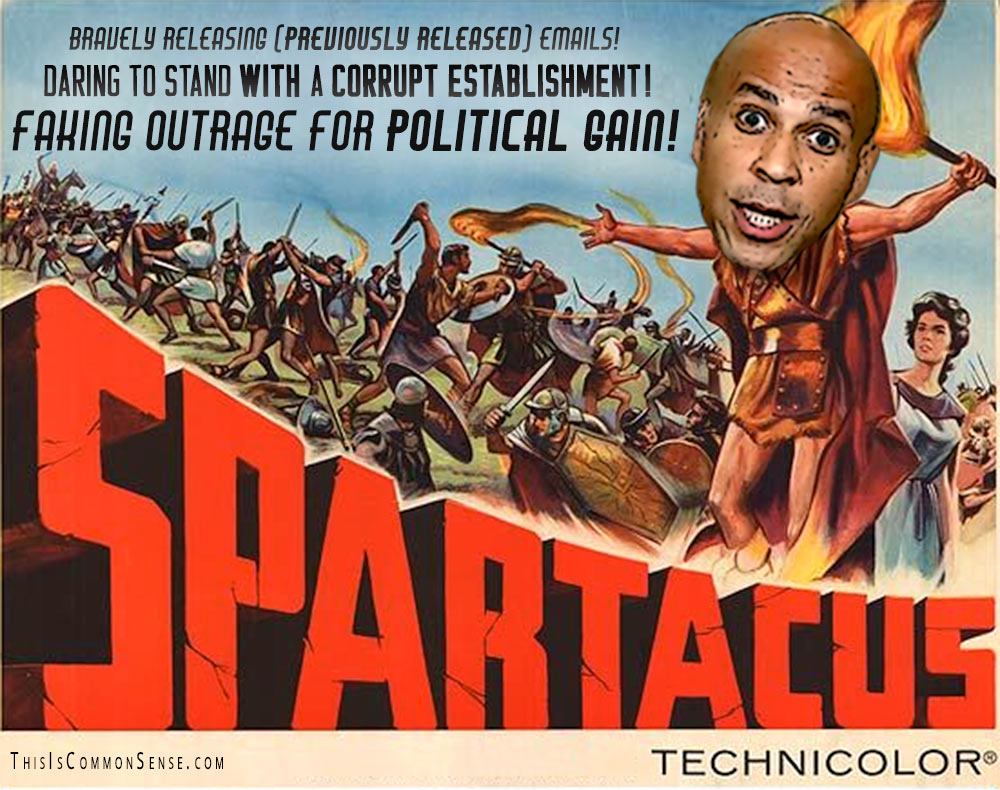Donald Trump was not elected with a mandate to “drain the ‘interagency consensus.’”
You can’t “drain” a “consensus.” More importantly, “the Swamp” that Trump promised to “drain,” is not the same thing as that “interagency consensus.” That latter, new phrase better serves as something coextensive with — or subset of — something distinct, “the Deep State.”
But the Swamp and Deep State are related.
Though the term, interagency consensus, was floated earlier, this new bit of jargon hit public consciousness as a result of the impeachment proceedings, the testimony of Alexander Vindman in particular.
Mr. Vindman — excuse me, Lt. Colonel Vindman — is an Army officer assigned to the National Security Council who became alarmed at “outside influences” in the Trump Administration that were upsetting the “interagency consensus” on the subject of his homeland. The new “narrative,” he testified, “was harmful to U.S. government policy. While my interagency colleagues and I were becoming increasingly optimistic on Ukraine’s prospects, this alternative narrative undermined U.S. government efforts to expand cooperation with Ukraine.”
The problem with this is obvious. It is not the job of junior diplomats and spies to work against the policies of a constitutionally-elected and ‑authorized U.S. president.
Sophisticates in Washington and in the press corps sometimes pooh-pooh the term “Deep State.” Vindman’s testimony justifies the term. Yet, he sure seems earnest in thinking that government hirelings should develop policy that must be defended from tampering, including by we who wade in the shallow end of government, stuck with our piddling votes.
This is Common Sense. I’m Paul Jacob.

See all recent commentary
(simplified and organized)
See recent popular posts










